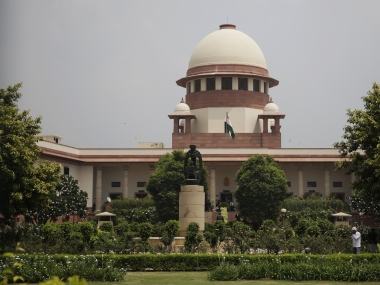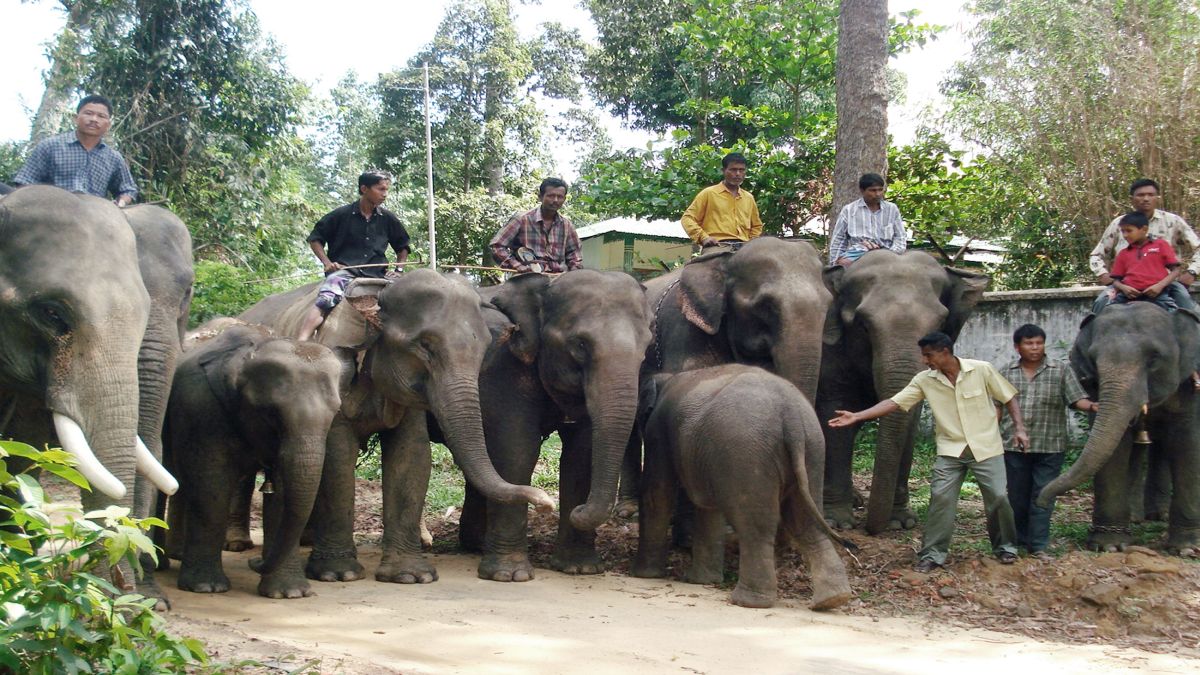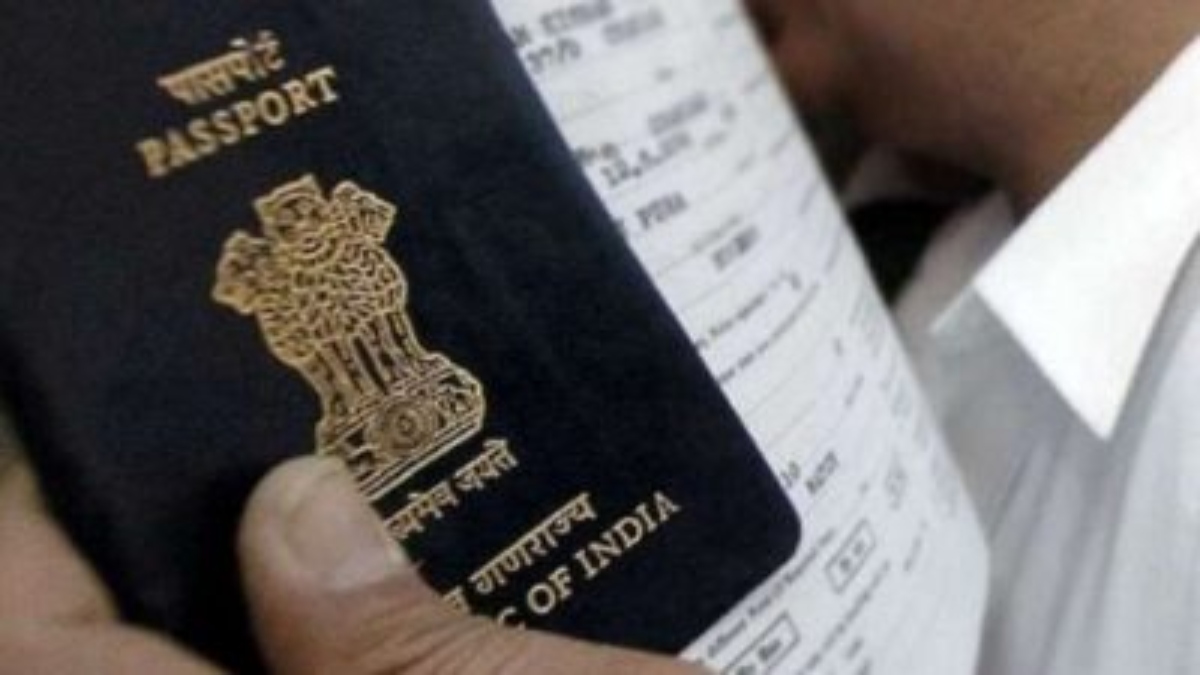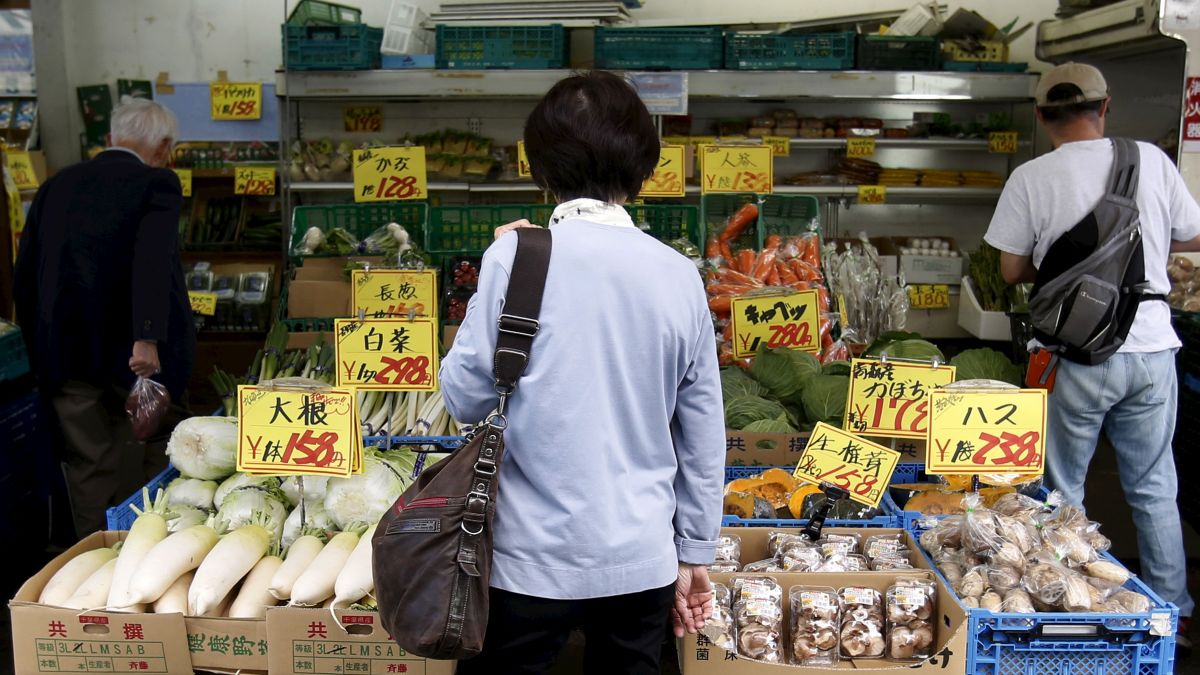The Supreme Court on Wednesday asked the Assam government to provide a timeline for foreign nationals (who have been put in detention centres) to be united with their families. The court also asked the state government to apprise it by when it will send necessary facilities such as gas and medicines to the detention centres.
Accusing the government of detaining people against their wish, the court said: “You (the government) cannot put a person in a detention centre and then say you will decide what is to be done about them later. It must be planned out in advance. You must provide them certain basic facilities," ANI reported.
The apex court’s ruling comes after three more detention centres were announced in Assam for declared foreign nationals until they are deported to their countries of origin. At present, the state has six detention centres that run within the premises of jails.
The new plan envisages standalone centres for foreign nationals , unlike the six cells that already exist in the state attached to the district jails.
While the Centre has already approved the proposal for Goalpara, the process for selecting the sites for the other two in Silchar and Tezpur has started. The Goalpara facility will cost about Rs 46 crore, reported The Economic Times . LS Changsan, principal secretary of Assam’s home affairs and political department, was quoted as saying in the report: “This will be the first standalone detention camp with a capacity for 3,500 people.”
Approximately 800 foreign nationals are currently detained at the six centres attached to jails across the state, where separate provisions have also been made for women and children. However, they have fuelled a huge controversy with human rights activists, complaining about their deplorable conditions.
Last August, the Supreme Court had asked the government to submit a report on the condition of these centres in Assam. The Centre replied saying that guidelines were being framed for keeping foreign nationals in detention centres across the country.
Many detainees have also been languishing for years at the centres since deportation is a tedious and unpredictable process. There is no agreement with Bangladesh on repatriation of its citizens who have illegally entered India. Moreover, Bangladesh has never accepted that its citizens have been sneaking into and settling in different parts of India since the past many decades.
Last year, its information minister Hasanul Haq Inu told this correspondent that people who were forced to cross over to India following the genocide in 1971 have returned to their homes.
The green signal for repatriation comes from Dhaka only after the addresses of the detainees in the jails and detention centres have been verified and confirmed. As per government records, 7,056 persons have been sent back to Bangladesh between 2013 and 2017.


)




)
)
)
)
)
)
)
)